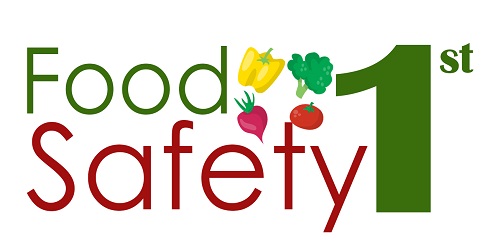
In summer the number of people who get sick from food poisoning increases due to warmer temperatures and other factors. Common organisms that cause food poisoning include Salmonella and Campylobacter. These organisms are very small and cannot be seen with the naked eye. Food contaminated with these organisms can still smell, taste and look good!
Following few basic steps can help prevent food contamination:
Keep clean: Wash hands and surfaces often
Separate raw from cooked food to avoid cross-contamination
Keep food at safe temperatures
Cook food thoroughly
Use safe water and raw materials
Food transportation Bacteria can grow rapidly on both raw and cooked foods between 50C and 630C. It is thus important to keep perishable foods cold, especially during transportation. Use an insulated cooler to transport perishable foods, and avoid keeping it in direct sun. When travelling by car, the cooler should be placed in the passenger area rather than the trunk.
When shopping one should pick up meat, poultry, and seafood last, before checkout. These should be separated from other food in the shopping cart and in the grocery bags to prevent cross-contamination. One should also place foods that are ready to eat such as cheese, in separate bags. Once home, cold or frozen foods should be placed immediately in the fridge or freezer. The fridge temperature should be kept below +40C and that of the freezer below -180C.
Barbeque (BBQ)
When cooking food outside of the house, there are more risks of contamination because of hygiene and temperature issues. If water and soap are not available to wash hands, one can use alcohol wipes or gel formulas.
Frozen foods like meat or chicken should be defrosted in the refrigerator, not at room temperature. Meat, chicken and fish should be kept in separate closed containers, and carried in insulated coolers as described above, with ice or frozen gel packs. These should be kept in the cooler until it’s time to cook them. Summer salads such as pasta, seafood, egg, tuna and chicken, as well as cut up fruit and vegetables should also be kept cold. In summer, foods should not be kept at room temperature for more than an hour. Keep coolers out of direct sun by placing them in the shade or shelter. Avoid opening coolers repeatedly so that food stays cold for longer. Try not to take excess food with you to a BBQ. Leftovers should be thrown away.
Separate cutting boards and utensils for raw meat and ready-to-eat food like vegetables or bread should be used. Always use a fresh, clean plate and tongs for serving cooked food. Do not reuse tongs or plates that touched raw meat or poultry to serve the food once it is cooked. Following these few steps will help to decrease the chance of food contamination and getting sick with food poisoning.
For more information follow the Health Promotion and Disease Prevention Directoate on Facebook, Twitter and Instagramm @HPDPMalta, or any questions call 21337333 and/or 23266000
